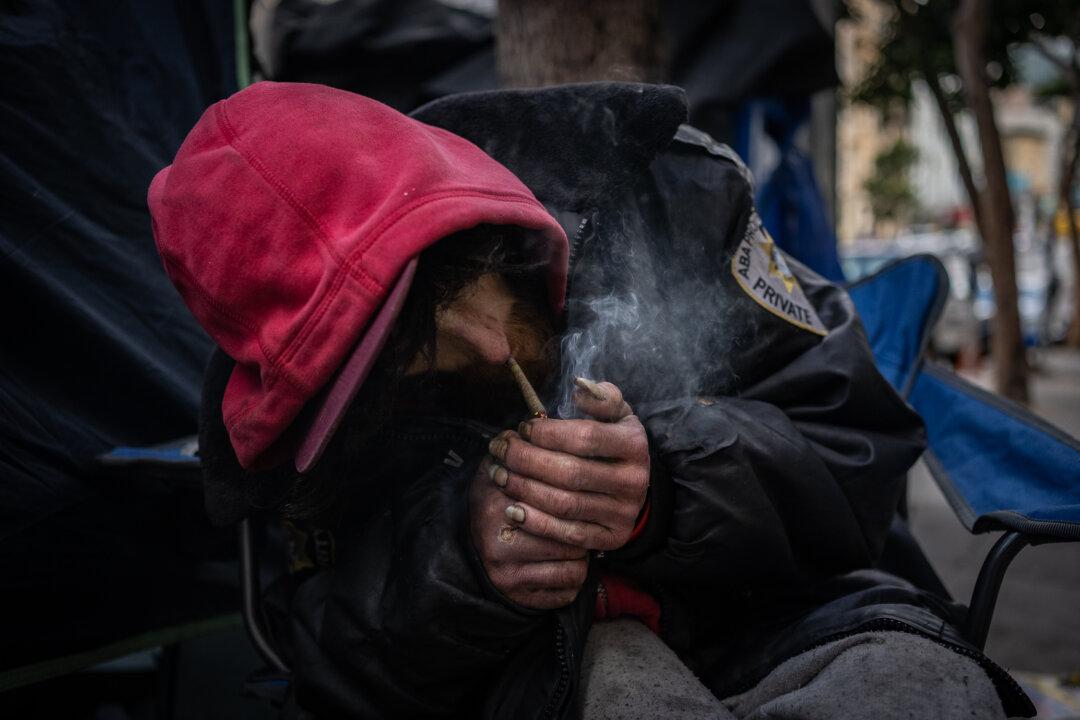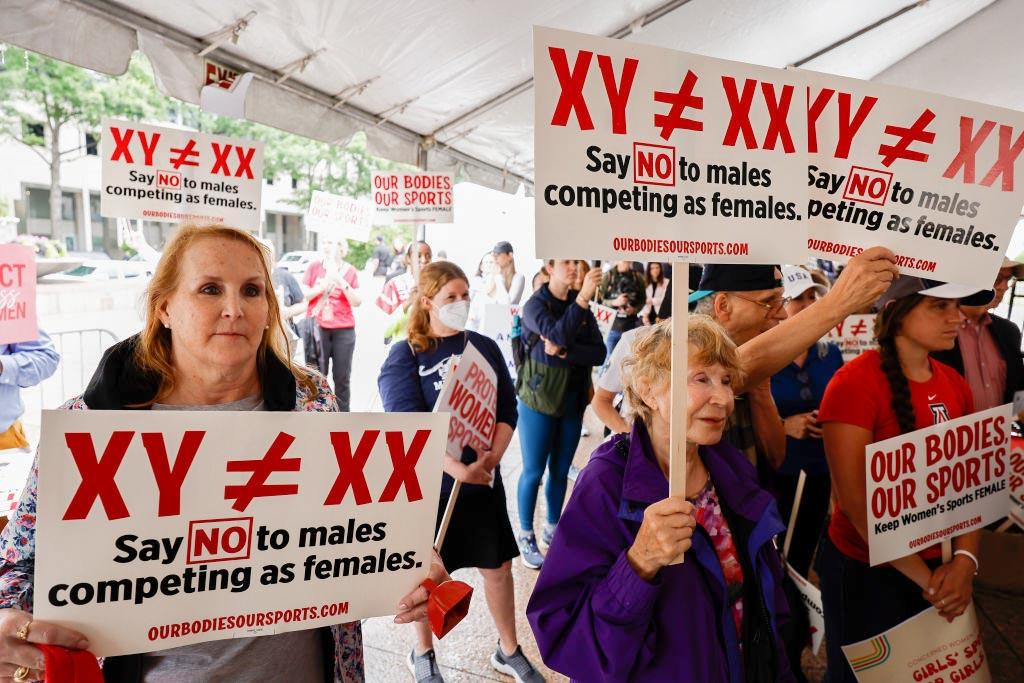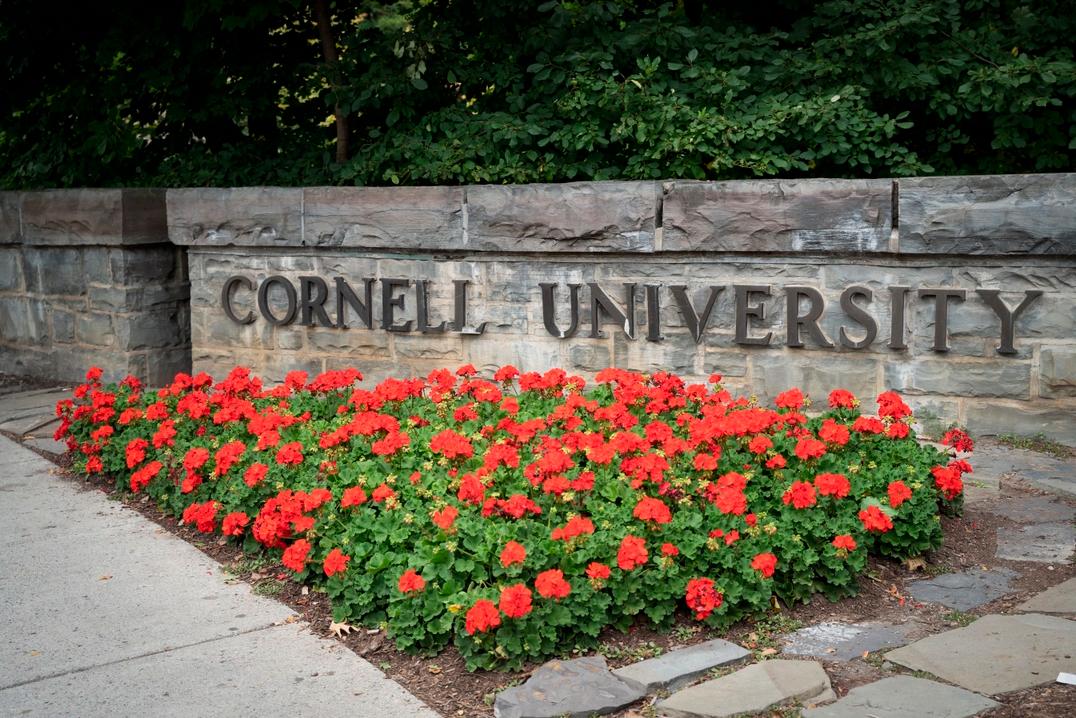Oregon lawmakers have overwhelmingly passed a bill that would make possession of certain drugs a misdemeanor in the state, effectively re-criminalizing such substances as fentanyl, heroin, and methamphetamine.
The decision upends a three-year experiment in which Oregon became the first state in the nation to decriminalize the possession and personal use of all drugs.





